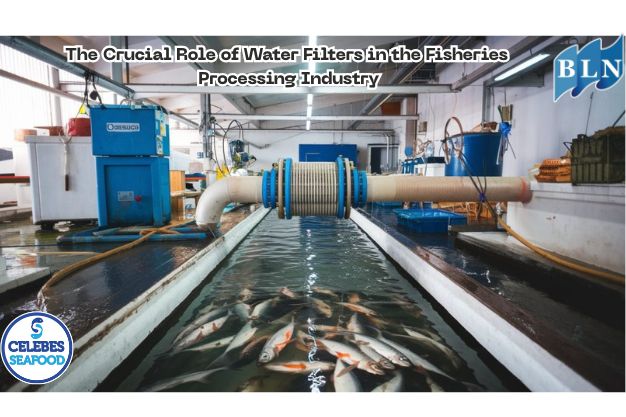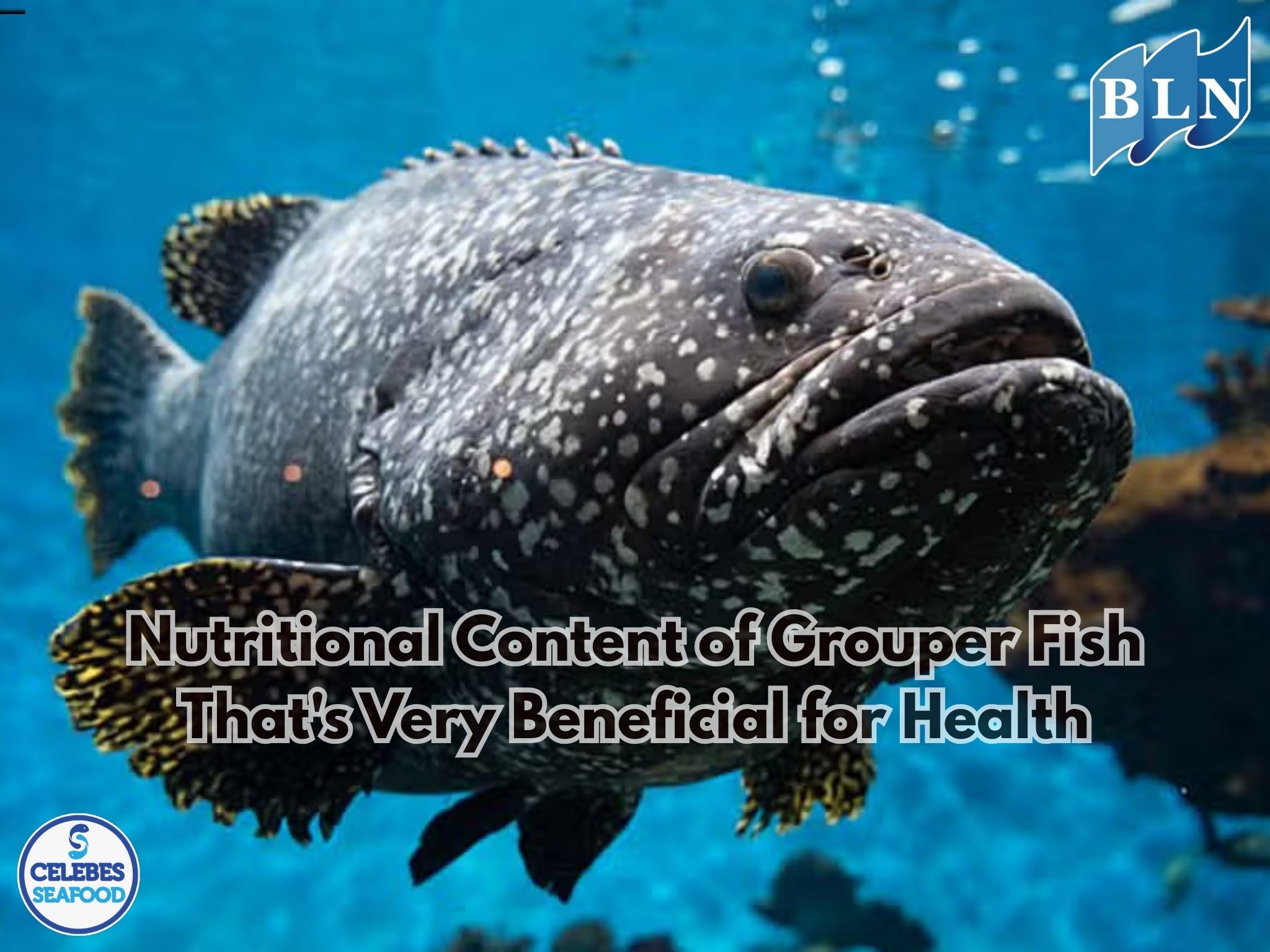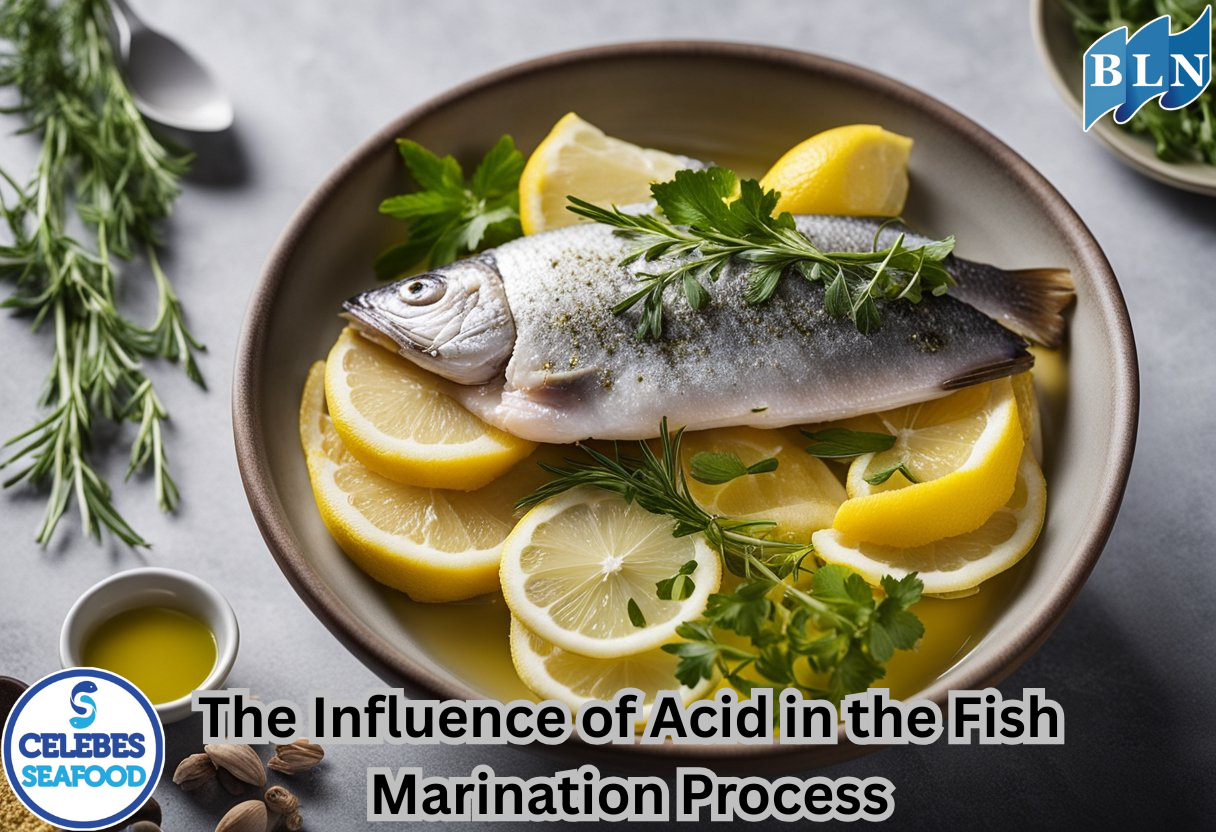The Crucial Role of Water Filters in the Fisheries Processing Industry
By. Edi - 09 Sep 2025
lautnusantara.com The fisheries industry, both aquaculture and post-harvest processing, relies heavily on water quality. Clean and healthy water is a key factor in determining the success, productivity, and sustainability of the business. This is where water filters play a crucial role. An effective filtration system not only maintains the fish's living environment but also ensures the resulting fishery products are safe and of high quality.
A. Key Benefits of Water Filters in the Fisheries Industry
The use of water filters in the fisheries industry, especially in modern aquaculture systems such as Recirculating Aquaculture Systems (RAS), offers many significant benefits.
1. Maintaining Water Quality and Fish Health
This is the primary role of water filters. In crowded aquaculture systems, leftover feed and fish waste accumulate and produce toxic compounds such as ammonia and nitrite. If left unchecked, these compounds can cause stress, disease, and even mass fish mortality. Water filters function to:
- Remove Solids: Mechanical filters remove large particles such as leftover feed and fish feces, keeping the water clear and preventing clogging.
- Decomposes Toxic Substances: Biological filters provide a medium for beneficial bacteria that break down ammonia into nitrite, which then becomes relatively non-toxic nitrate. This process, known as the nitrogen cycle, is crucial for healthy water.
- Absorbs Chemicals: Chemical filters, such as activated charcoal and zeolite, can absorb harmful chemicals, odors, and undesirable colors from water.
By maintaining optimal water quality, water filters create a stable, pathogen-free environment, allowing fish to grow faster and improve survival rates.
2. Increased Productivity and Efficiency
Advanced filtration systems, particularly those in RAS, allow for fish farming at much higher stocking densities. Used water is not discarded but instead filtered and recirculated. This results in several benefits:
- Water Savings: RAS can reduce water use by up to 90% compared to conventional systems, making it an environmentally friendly and economical option.
- Optimal Space Utilization: With this system, farming can be carried out in smaller areas, even indoors, allowing year-round production regardless of the weather.
- Improved Growth: Clean, stable water reduces stress on fish, which directly impacts faster growth and higher yields.
3. Disease Control and Environmental Sustainability
Water filters act as the first line of defense against the spread of disease. By removing pathogens and maintaining a healthy aquatic environment, filters help minimize the need for antibiotics and other chemicals. This is not only good for fish health but also ensures safe fish products for consumers.
Furthermore, filtration systems also help reduce the environmental impact of aquaculture waste. By treating waste within the system, water pollution to the surrounding environment can be minimized, supporting more sustainable fishing practices.
B. Types of Water Filters Used
In the fishing industry, several types of filters are often used in an integrated manner:
- Mechanical Filters: Function as a pre-screen to remove solid particles. Examples include sieves, foam filters, and drum filters.
- Biological Filters: Use porous media (such as bioballs or ceramics) as a habitat for decomposing bacteria. These are the heart of modern filtration systems.
- Chemical Filters: Use media such as activated carbon or zeolite to remove dissolved substances, odors, and color from water.
Overall, water filters are no longer just an add-on, but a fundamental component that ensures the sustainability and profitability of the modern fishing industry.
If you are interested in our Red Emperor Fillet Skin On, Red Snapper Fillet Skin On please do not hesitate to contact us through email and/or whatsapp.







